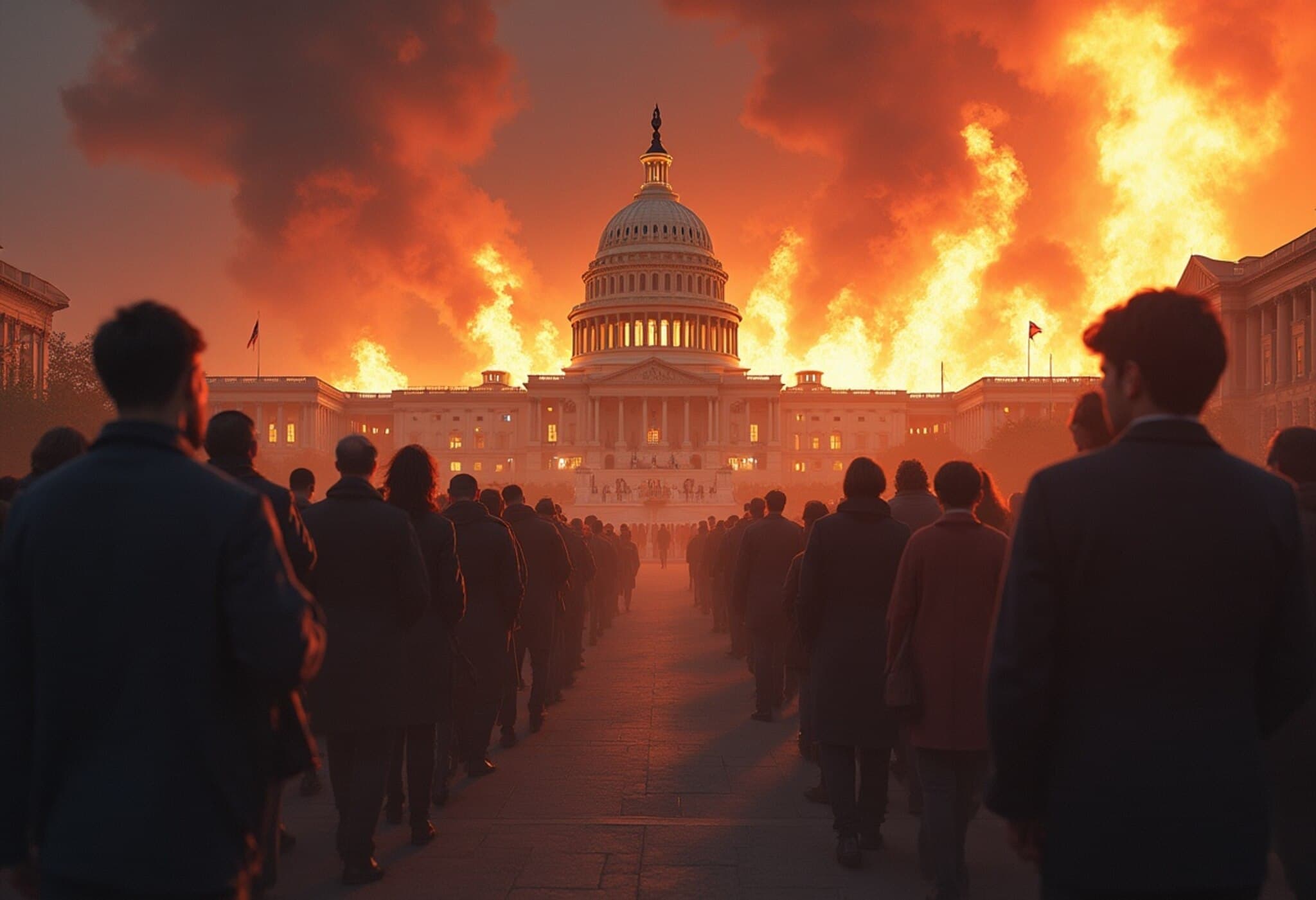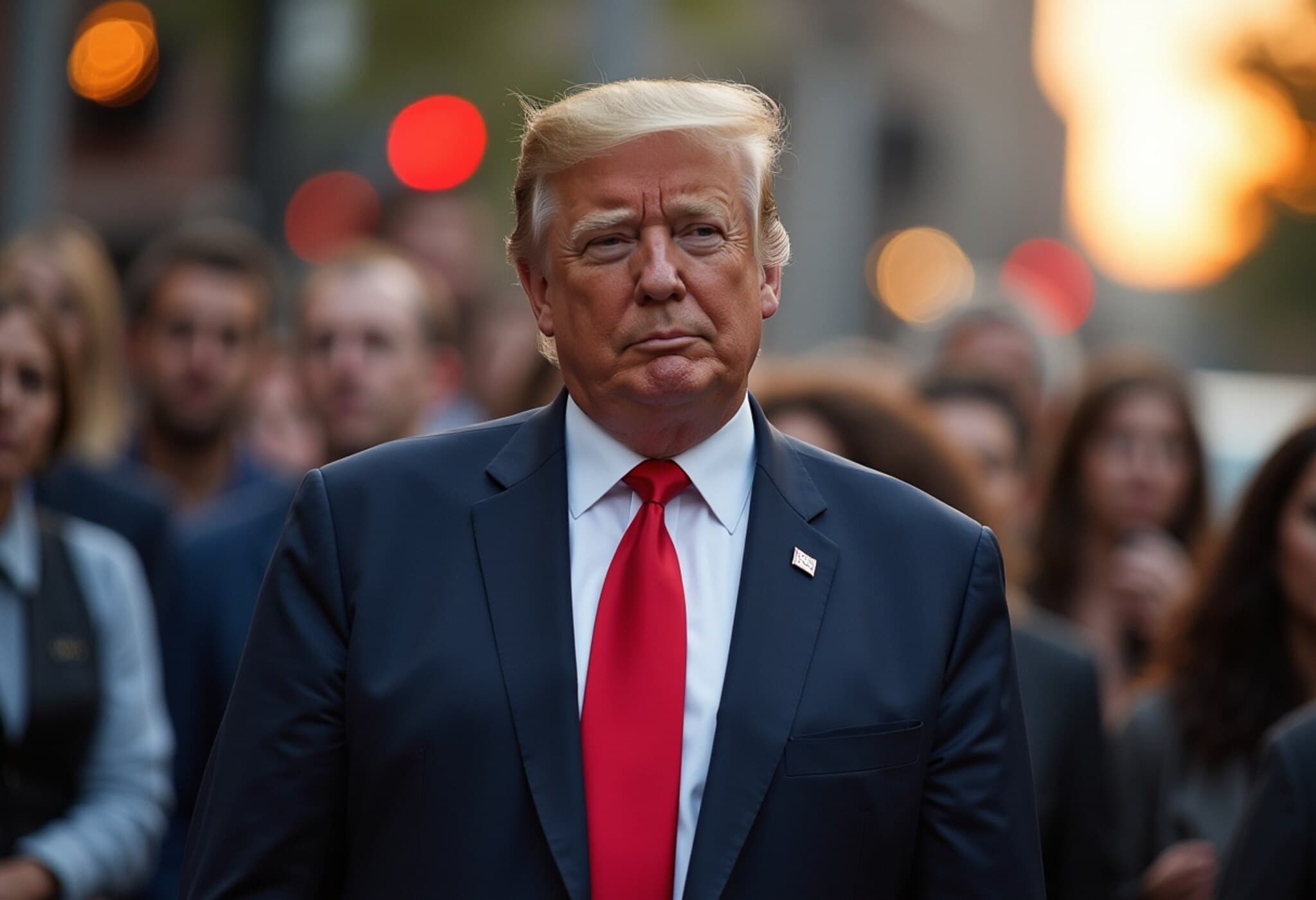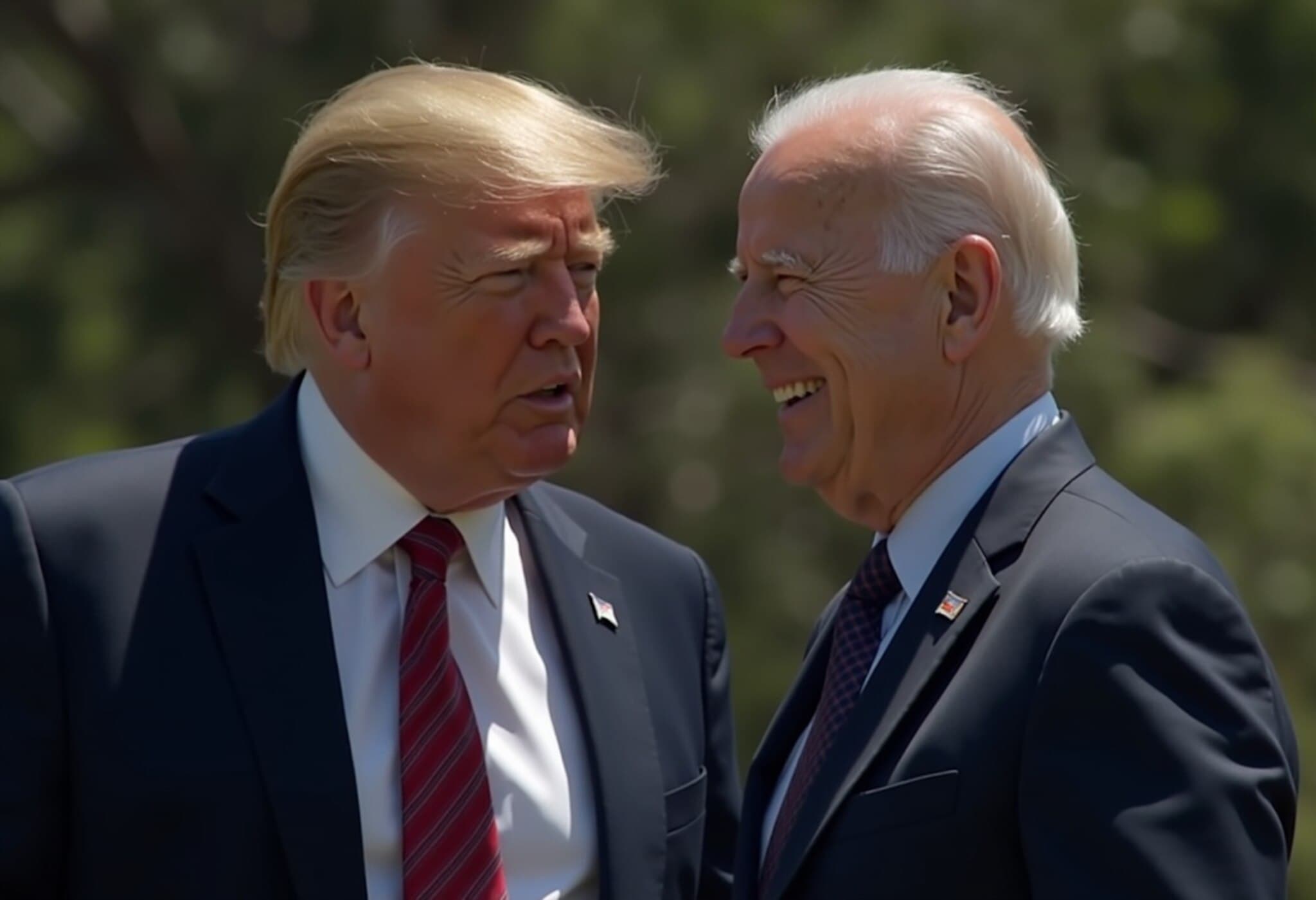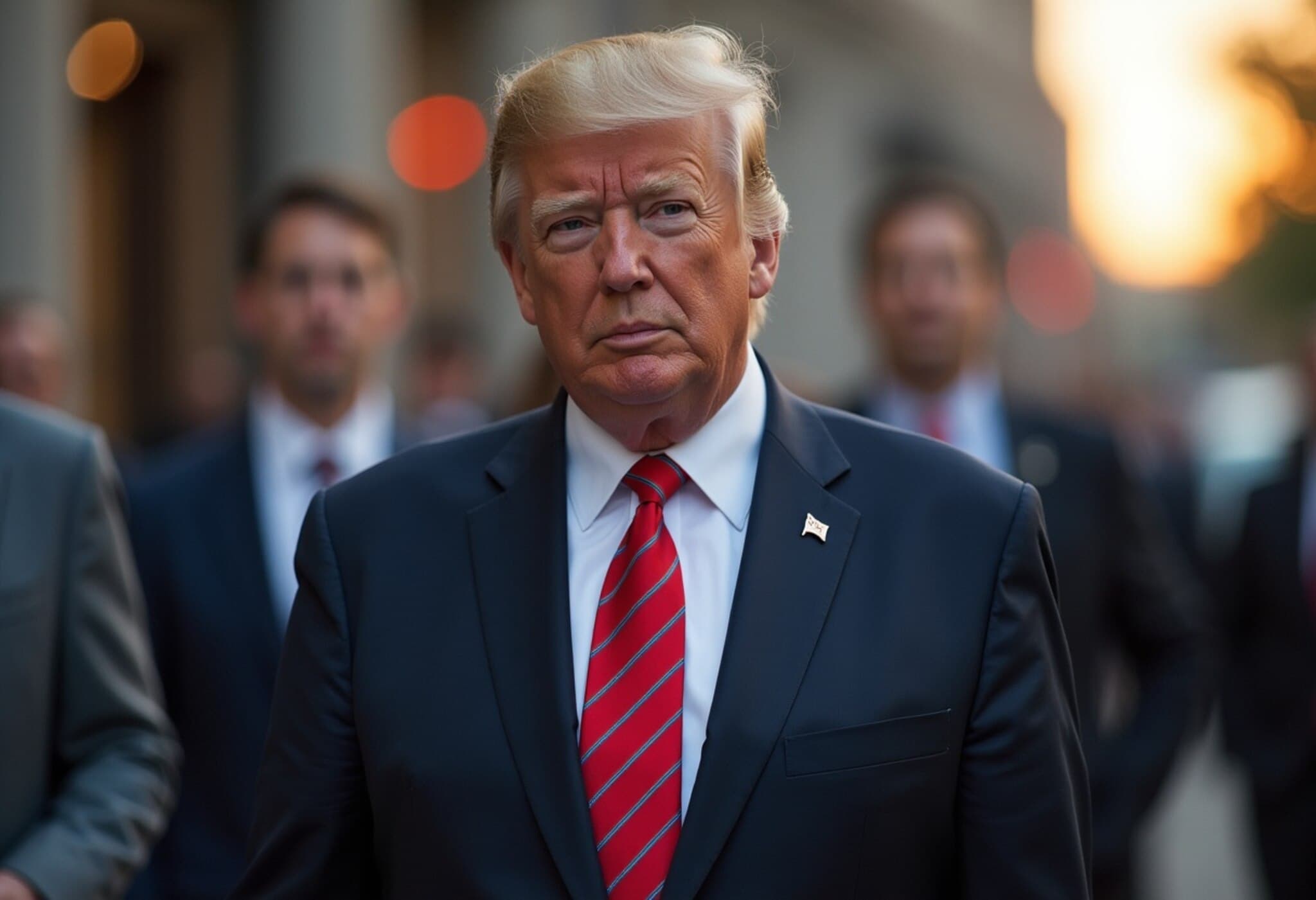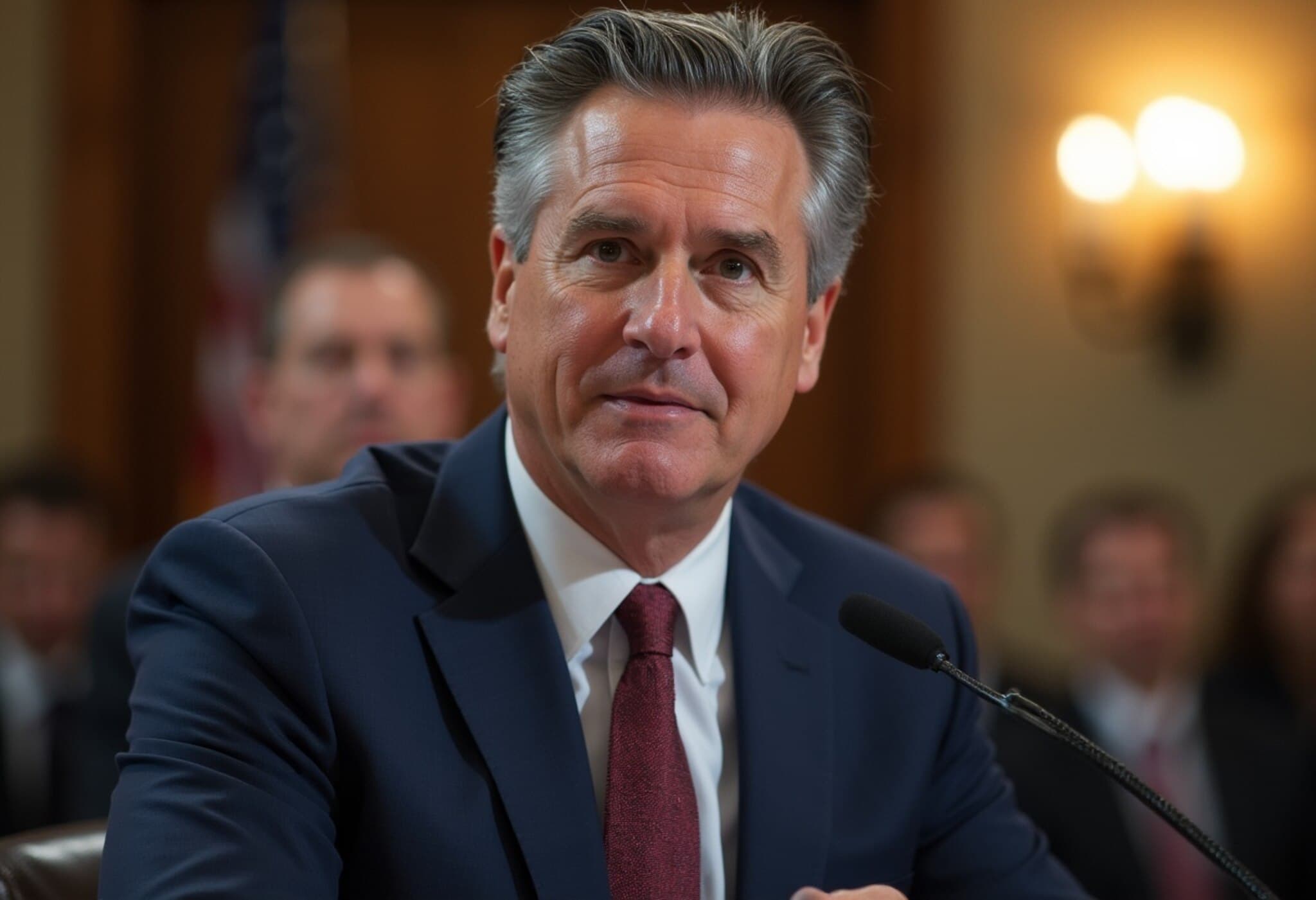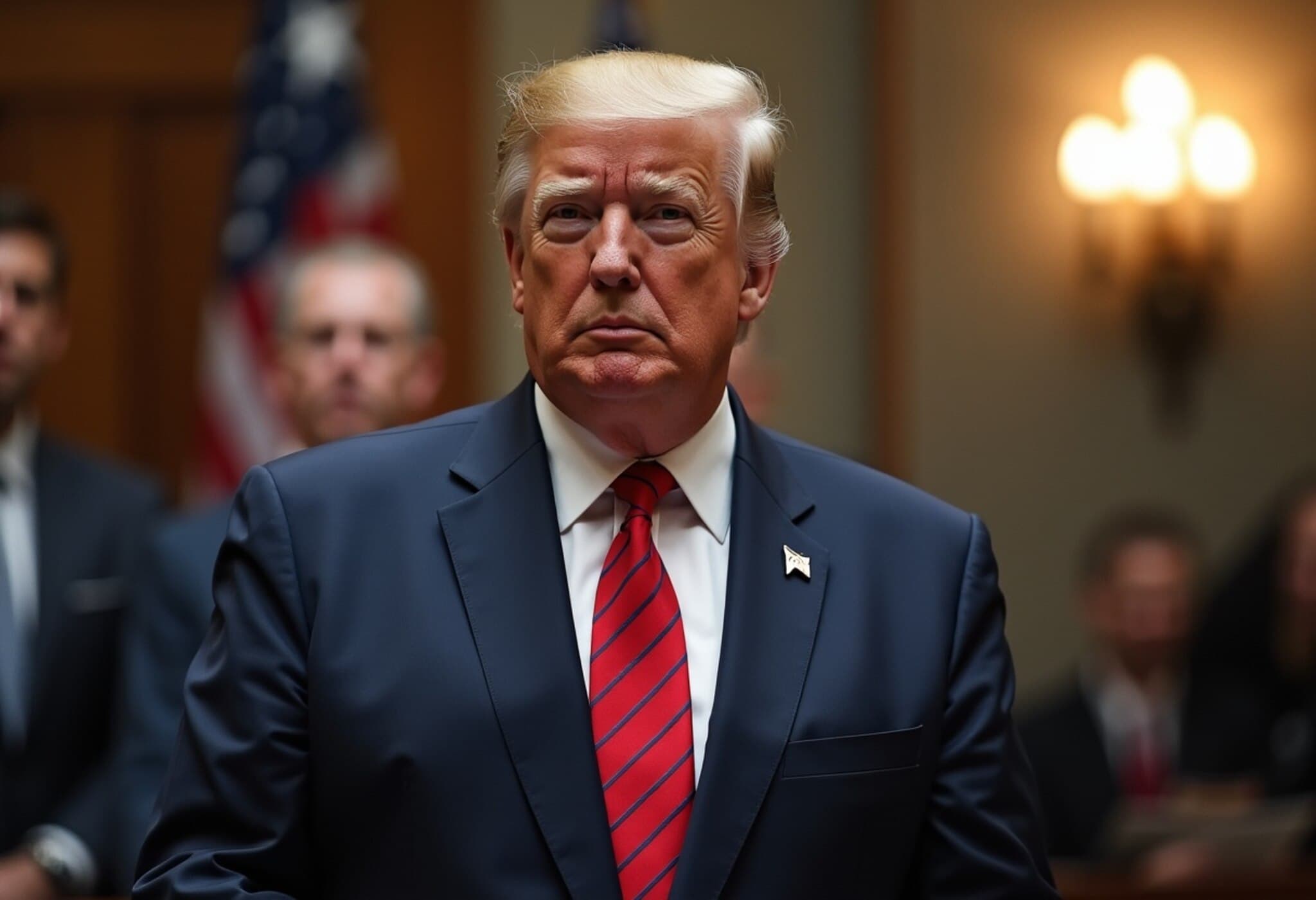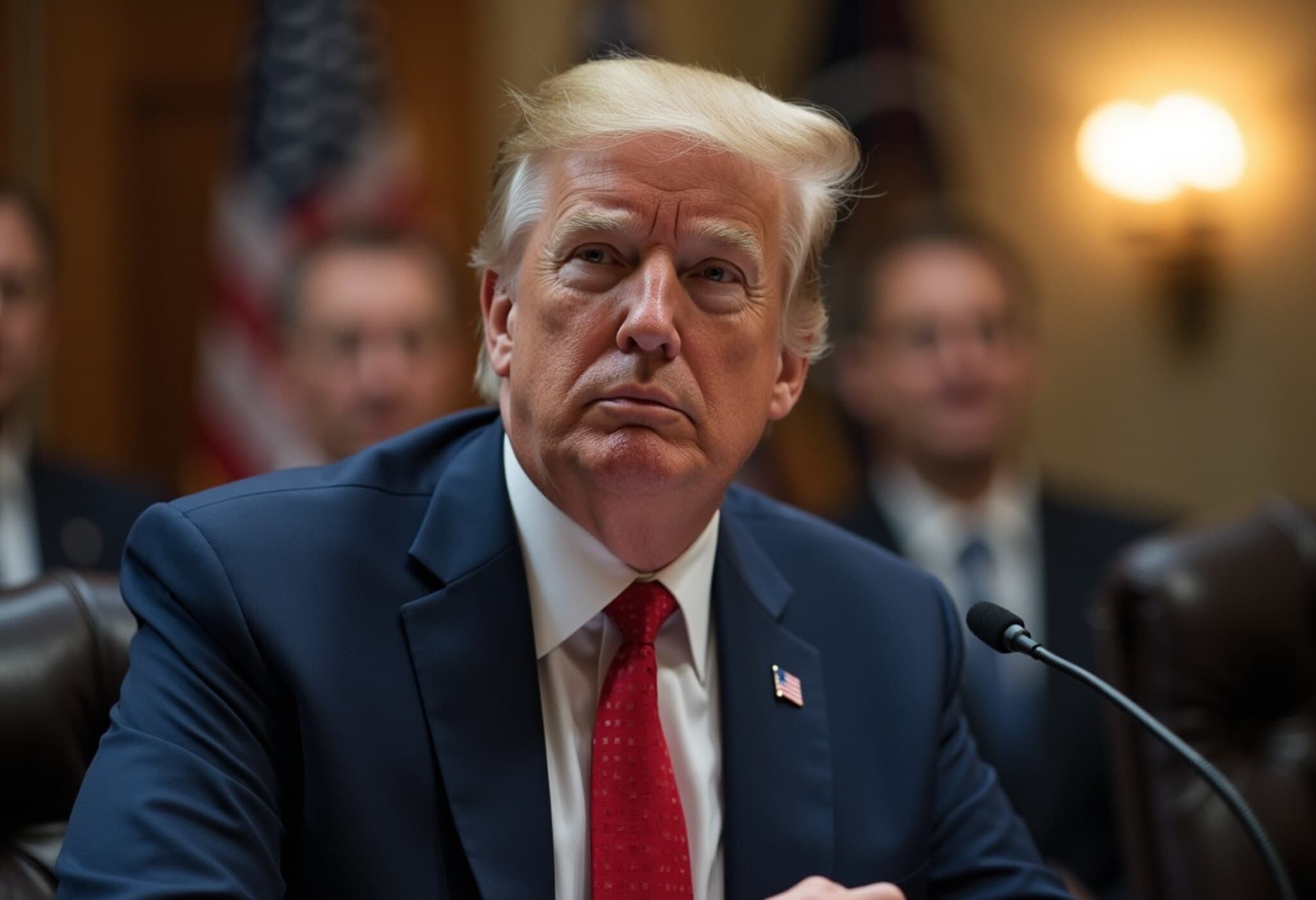Texas Redistricting Conflict Escalates as Democrats Flee Legislature
In a dramatic political showdown that underscores the intensity of America's redistricting battles, Democratic lawmakers in Texas have taken a bold stance against a controversial Republican-led redistricting plan. Over the weekend, Democrats defended their colleagues who have left the state in protest, a move intended to stall the GOP effort by breaking the quorum necessary to pass new congressional maps.
Democrats Decry GOP 'Cheating' and Accuse Abbott of Political Gamesmanship
Illinois Governor J.B. Pritzker publicly criticized the proposed Texas redistricting strategy, branding it as a blatant attempt to manipulate democracy. "This is cheating," Pritzker said, drawing pointed parallels between the GOP’s political tactics and former President Donald Trump's history of controversial behavior. "Donald Trump is a cheater. He cheats on his wives, he cheats at golf, and now he's trying to cheat the American people out of their votes," he remarked during an interview.
Pritzker's comments highlight a broader national concern about mid-decade redistricting, which many view as a method to entrench partisan power rather than reflect demographic realities.
National Voices Join the Fray: Sanders and Hochul Weigh In
Senator Bernie Sanders of Vermont, a long-time critic of gerrymandering, echoed these sentiments on Sunday. "If Republicans are doing it, you have to respond," Sanders stated firmly. Describing the Texas redistricting as "undemocratic" and "outrageous," he stressed that Democrats have little option but to resist aggressively. "It's pathetic, but I think you have to respond," said Sanders, putting the redistricting fight in the context of defending the fundamental principles of representative democracy.
Meanwhile, New York Governor Kathy Hochul suggested that the fierce partisan battle over Texas's maps is driven by fears over the upcoming 2026 midterm elections. "Why are we here today? Because Donald Trump looked at the polls for next year," she observed, insinuating that Republican strategists are eyeing electoral advantage through legislative maneuvering.
Governor Abbott Vows Arrests and Endless Special Sessions
In response, Texas Governor Greg Abbott did not hesitate to call out the Democratic walkouts, threatening immediate legal action against lawmakers who return. "If they show back up in the state of Texas, they will be arrested and taken to the Capitol," Abbott declared. He further warned that evading arrest would require Democrats to remain out of state "for literally years."
Abbott also confirmed that he would continue to call successive 30-day special sessions indefinitely until the redistricting issue is resolved in favor of the GOP. "I'm authorized to call a special session every 30 days. It lasts 30 days. And as soon as this one is over, I'm gonna call another one, then another one, then another, then another one," the governor said.
Contextual Analysis: Why Texas Redistricting Matters
The stakes of this conflict extend far beyond state lines. The proposed redistricting maps in Texas are designed to potentially add up to five additional House seats favoring Republicans, a significant margin in a highly competitive electoral landscape. Given Texas’s size and political weight, these changes could sway control of the U.S. House of Representatives in the 2026 midterms.
Mid-decade redistricting, while legal in some states including Texas, often raises ethical questions about fair representation. Critics argue it undermines voter confidence and skews political power, damaging the fabric of American democracy. The Texas struggle encapsulates this national debate, spotlighting the tension between legal maneuvering and democratic fairness.
Expert Insight: The Broader Implications for U.S. Democracy
Political analysts suggest that the Texas redistricting battle is emblematic of a concerning trend where partisan interests override democratic principles. According to Dr. Elena Rosenberg, a professor of political science at the University of Texas, "When parties resort to walkouts and threats of arrest, it signifies deep fractures in how politics is conducted. The consequences extend beyond a map; they influence public trust and political engagement nationwide."
Moreover, legal experts point out that while governors can pressure legislators, relying on police powers to enforce attendance digs into contentious territory, raising questions about legislative autonomy and civil liberties.
What’s Next in the Redistricting Showdown?
- Democrats stay out of Texas, hoping to deny Republicans a quorum and block the legislation.
- Republicans push ahead with special sessions and threaten arrests to force a resolution.
- Federal observers and courts may eventually weigh in if disputes escalate further.
This standoff is set to continue shaping political discourse well into the months ahead, as both sides mobilize resources and public opinion in a high-stakes fight for control.
Editor's Note
The Texas redistricting conflict illustrates a growing nationwide phenomenon where election laws and redistricting practices are increasingly weaponized by partisan actors. It raises crucial questions: To what extent should mid-decade redistricting be permitted? How should states balance the need for fair representation against political strategy? And what are the long-term consequences for American democracy when legislative procedures become battlegrounds? Readers are encouraged to watch closely as this battle unfolds, recognizing it as a pivotal chapter in the ongoing effort to protect democratic norms.

